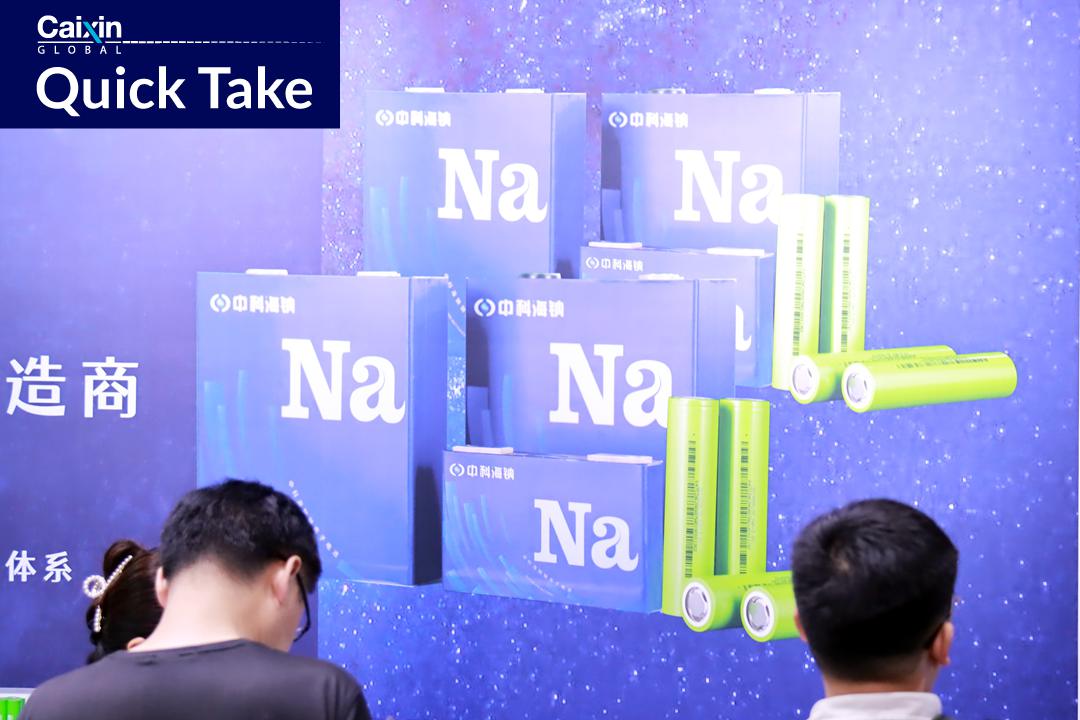
What’s new: Two Chinese state-owned carmakers have begun mass-producing mini electric vehicles (EVs) powered by sodium-ion batteries, considered a possible alternative to the lithium-ion batteries currently used in most EVs.
The first batch of the Huaxianzi passenger EVs equipped with HiNa Battery Technology Co. Ltd.’s sodium-ion batteries, rolled off the production line of Yiwei, an Anhui Jianghuai Automobile Group Corp. Ltd. brand, on Wednesday, Hina said in a statement. Large-scale deliveries are set to begin in January.
On Thursday, Jiangling Motors Corp. Ltd. celebrated the rollout of its first passenger EV running on sodium-ion batteries, according to a statement from the battery developer Farasis Energy (Ganzhou) Co. Ltd.
Farasis’ sodium-ion battery has an energy density of 140-160 watt-hours per kilogram, with the density set to rise to up to 200 watt-hours per kilogram in 2026, the company said. Typically, a mainstream lithium battery is able to generate more than 200 watt-hours per kilogram.
The background: Some industry experts consider the sodium-ion battery a possible alternative to the lithium-ion one because they can recharge faster and perform better at low temperatures.
However, sodium-ion batteries hold less energy, are heavier, and have a shorter life cycle. So, they are typically used where size and weight constraints are not an issue, such as in energy storage and short-range EVs.
Contemporary Amperex Technology Co. Ltd., China’s largest EV battery-maker, has attempted to overcome these shortcomings by integrating lithium into its sodium-ion batteries to extend their range to meet mainstream EV standards.
Besides their own drawbacks, another factor affecting the prospects of sodium-ion batteries is the plunging price of lithium carbonate. The spot price of the key ingredient has fallen about 80% over the past year. Manufacturers are likely to scale back their plans to use sodium as an alternative if the cost of lithium continues to fall, analysts said.
Contact reporter Ding Yi (yiding@caixin.com) and editor Kelsey Cheng (kelseycheng@caixin.com)
Get our weekly free Must-Read newsletter.







